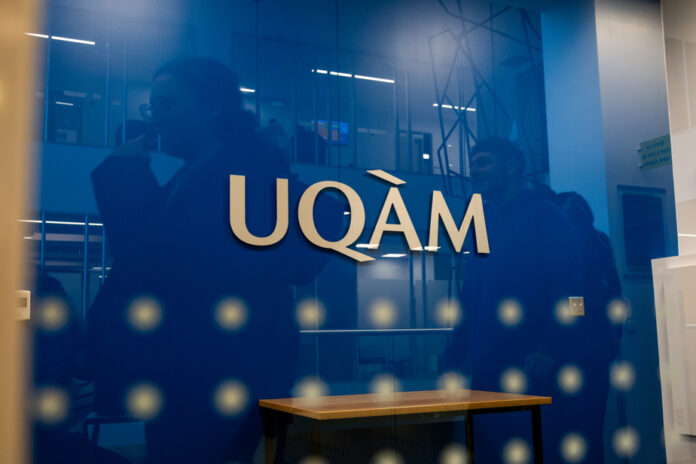In 1983, the rector of the University of Quebec in Montreal (UQAM), Claude Pichette, established the Laval campus with the aim of extending accessibility to the university beyond the city center of Montreal. Forty years later, when it is time to take stock, senior management considers its economic, scientific and social contribution a “great success from the start”.
In four decades, 28,000 UQAM graduates have spent part of their higher education studies at the Laval campus. Among them, 7,000 completed their entire journey there.
“Universities contribute a lot to economic development through their presence, through the fact that there is a workforce in training and therefore accessible for employers. The presence of universities changes and transforms an urban environment,” says Stéphane Pallage, rector of UQAM, in an interview with La Presse.
The project to revitalize commercial streets, with the Responsible Consumption Observatory, is a good example. The latter “put its experimental research laboratory at the service of the City of Laval during an agreement concluded in 2021 to make Laval an open-air innovation laboratory for industry 4.0, where we can follow buyers and see how their purchases are determined, particularly in the context of products that are organic and sustainable. »
“It’s a project that I find very interesting because commerce is changing. We need this kind of project to see how to better reach consumers,” comments Mr. Pallage.
“Our professors and our researchers really enjoy collaborating with the City, with Tourisme Laval,” he continues. There is a desire to act on our side. »
Supporting evidence: the project to green arteries, streets, roundabouts and highway verges to make them “more sabbatical”. The Canopée project, which aims to “reinforce all the diversity of the City’s trees”. Or the fact that the campus listens to financial institutions and the municipality to add certain training, as it did in planning and communications.
It is through these projects, but also through research investments totaling one million dollars over the last decade and collaboration with local businesses that the campus aspires to make a difference.
Today, in a building reserved for Uqamian facilities located within Montmorency College, 24 study programs covering several fields are offered, a range of possibilities which “very much aligns with the interests of the Laval community,” according to the rector.
Lidia Divry, director of Laval Economique, agrees. She affirms that the campus has “made it possible to make higher education accessible to a greater number of Laval residents and residents of the North Shore.”
“We can only applaud their initiative to intensify the training offer for several years to always better meet workforce needs, in key areas with a promising future,” adds- She.
In the coming months, the rector plans to propose the creation of a health faculty, in order to compensate for the non-existence of programs such as medicine, nutrition, osteopathy or nursing.
“What will be offered in Laval has not yet been determined. But I expect that in the coming years, we will have new things. »
Also having campuses in Saint-Constant, Longueuil and Terrebonne, UQAM plans to do the same in Repentigny – always with a view to improving the offer of higher education.















